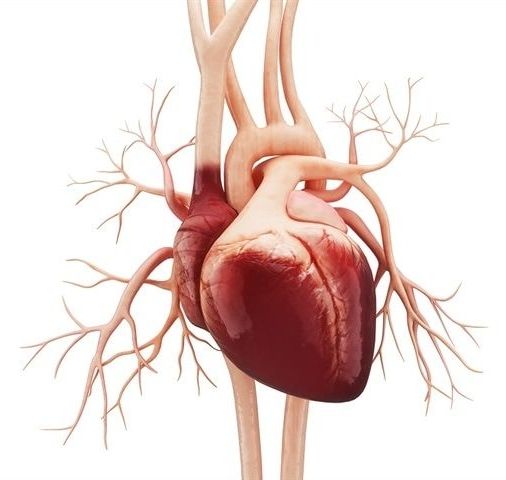
Research suggests that a gene that governs the body’s biological (circadian) clock acts differently in males versus females and may protect females from heart disease. The study is the first to analyze circadian blood pressure rhythms in female mice. The research, published ahead of print in the American Journal of Physiology—Regulatory, Integrative and Comparative Physiology, was chosen as an APSselect article for January.
The body’s circadian clock—the biological clock that organizes bodily activities over a 24-hour period— contributes to normal variations in blood pressure and heart function over the course of the day. In most healthy humans, blood pressure dips at night. People who do not experience this temporary drop, called “non-dippers,” are more likely to develop heart disease. The circadian clock is made up of four main proteins (encoded by “clock genes”) that regulate close to half of all genes in the body, including those important for blood pressure regulation.
These results suggest that the lack of PER1 acts differently in males and females. The findings are consistent with research showing that premenopausal women are less likely to be non-dippers than men of the same age. “This study represents an important step in understanding sex differences in the regulation of cardiovascular function by the circadian clock,” the researchers wrote.
Continue reading “Gene governing body’s biological clock acts differently in males versus females” »


















